Online dating sites such as Match.com, eHarmony.com and Zoosk.com take the traditional matchmaking process online and allow people to meet one another via the internet, with many encounters leading to long-term relationships.
The vast majority of people using dating sites are sincere and honest in the information they provide and in their reasons for joining. However, there are exceptions, and you need to be aware of how to keep yourself - and your bank account and savings - protected while meeting people online.
and infograph is here
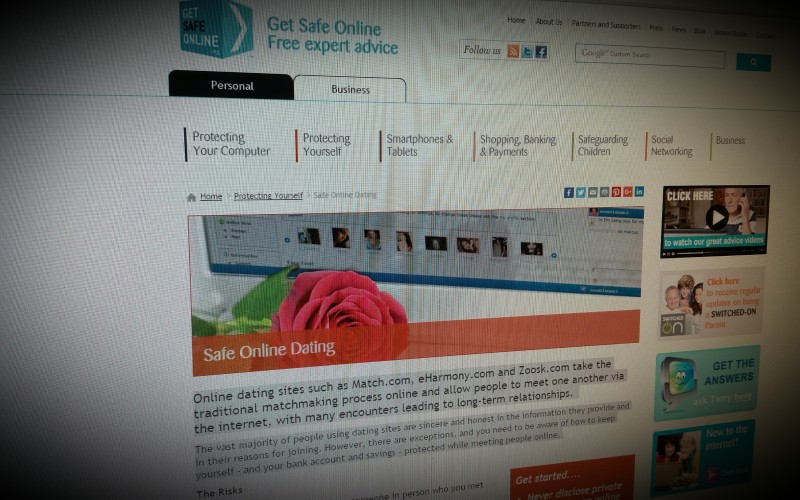
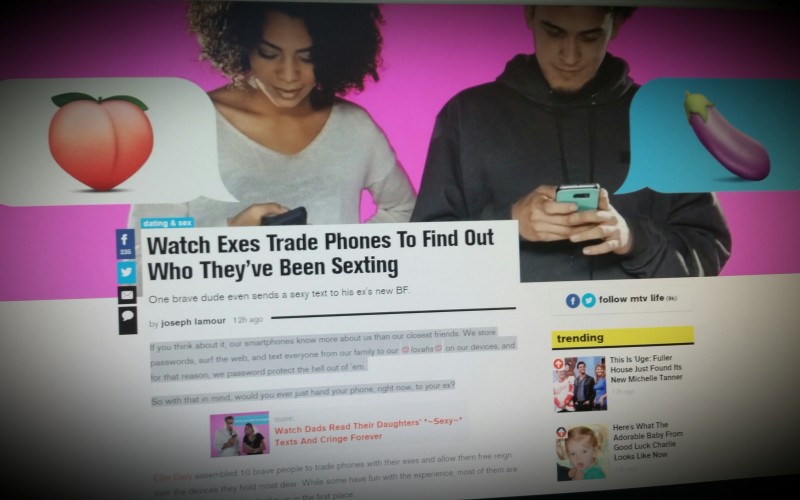
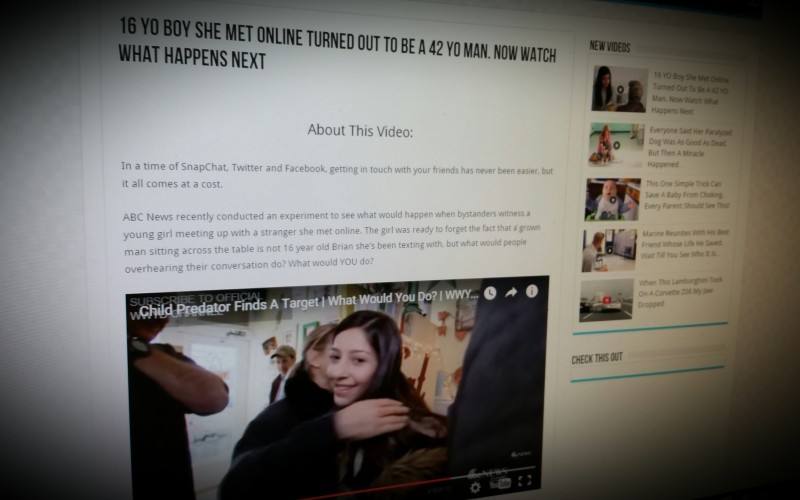
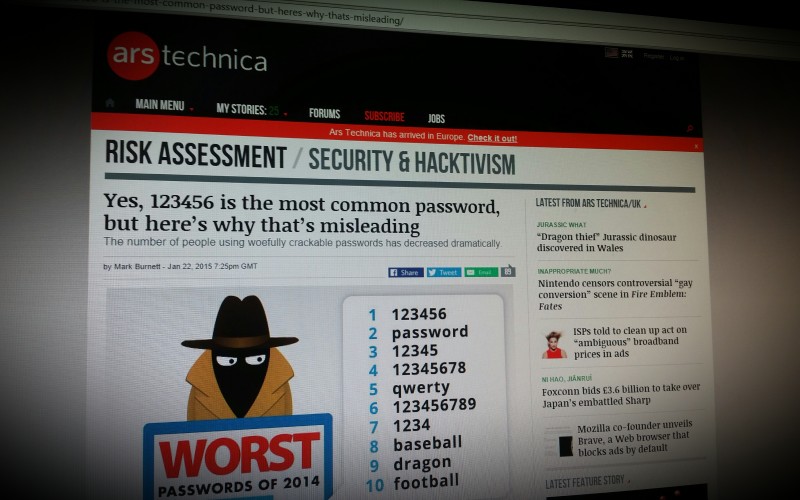
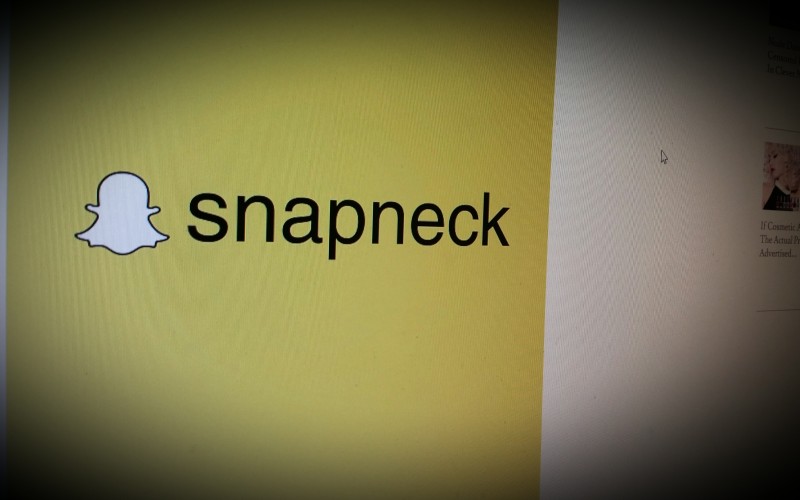
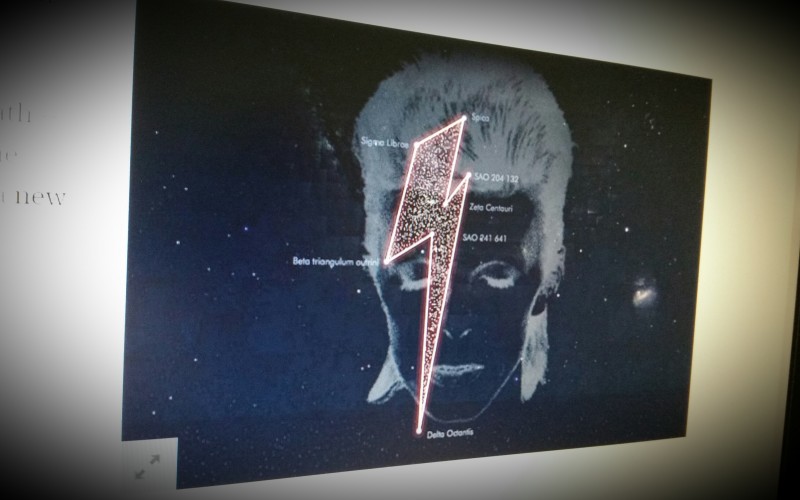
Comments
make a comment